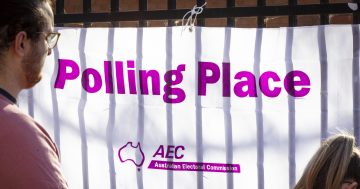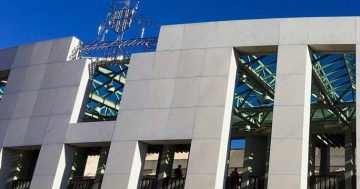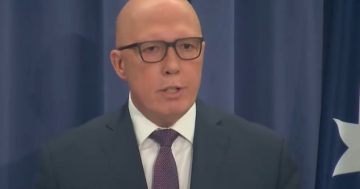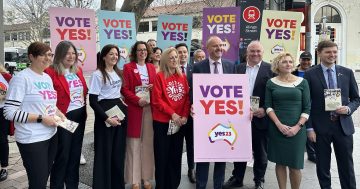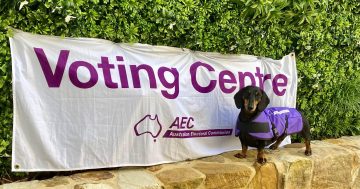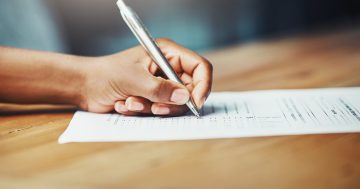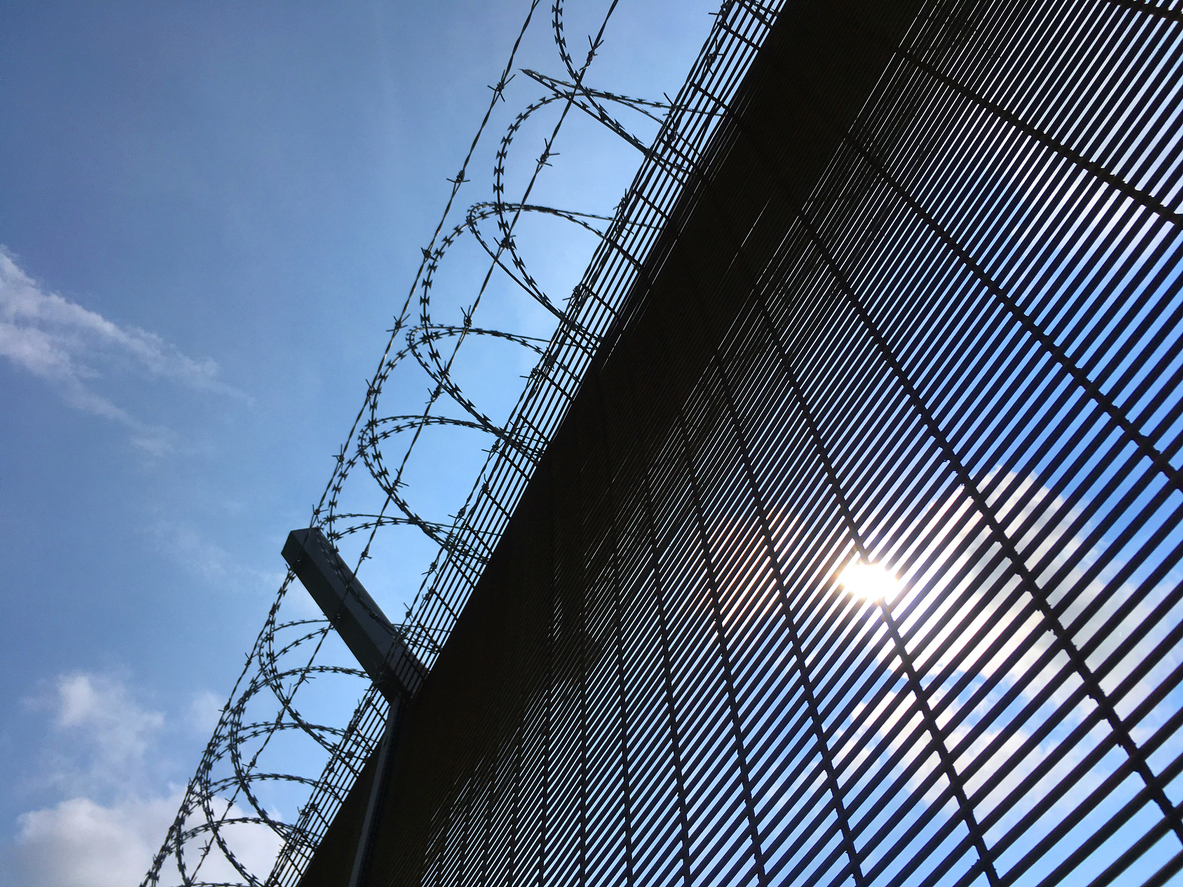
The Greens say prisoners should be allowed to vote in the upcoming referendum.
Incarcerated Australians should be allowed to vote in the Indigenous Voice to Parliament referendum as so many of them are First Nations Australians, according to the Greens, who want to change the law to include such a provision.
There are about 13,000 Aboriginal or Torres Strait Islanders in Australian jails, almost one-third of the roughly 42,000 prison population.
Current laws forbid anyone serving sentences of more than three years to vote in federal elections or referendums.
Anyone serving less than three years or who is on parole can register to vote.
But the Greens say those laws should be reviewed and updated.
A Greens’ amendment to the referendum machinery bill would prevent so many people from being ruled ineligible to vote at this year’s referendum.
If the amendment is voted down, thousands of Australians will be denied their say.
Greens senator Dorinda Cox said as many First Nations people as possible should be allowed and encouraged to vote in the Voice referendum.
“At its core, the Voice actually allows First Nations people to have a say on matters that affect them,” Senator Cox told the Senate.
“And yet many First Nations people will not have a chance to have their voice actually heard during this referendum process … Voting is a right, it is not a privilege. It is the job of this government to make sure that voting is as easy as possible for everyone, regardless of where they are across this vast country.
“If they may be in prison, hospital, in a remote community or even abroad, they should have that opportunity and that right.”
Other amendments being considered by the Senate this week include proposals for telephone voting and the rules around media, advertising and pamphlets.
The bill and its amendments seek to set all the rules for the referendum and is likely to be voted on this week.
There remains some confusion in the community about what the Voice is designed to achieve, with enabling legislation seeking to clarify some of the issues being raised.
Attorney-General Mark Dreyfus has previously promised that the process will be transparent and with “ample time” to debate the changes to be included in the Constitution.
Prime Minister Anthony Albanese has also previously explained what form the Voice to Parliament could take and what role it might have.
“The Voice is an advisory body which will be able to communicate to the parliament and to the nation the views of Aboriginal and Torres Strait Islander people on matters that affect them,” he has stated.
“So, to improve their health, their education, their life expectancy, justice issues with incarceration rates of Indigenous Australians.
“It is simply that. Not a funding body. Not a body that will determine or be above the parliament, but will be able to do what it says it would do, a Voice for Indigenous Australians.
“And at the same time, as part of that, we will recognise in the Constitution that Aboriginal and Torres Strait Islander people were Australia’s first peoples and that our great island continent we share goes back some 60,000 years. And that should be in our nation’s birth certificate.
“That is what you would be voting on. The detail of the functioning of the Voice, how it would operate, all of that will be subservient to the parliament. It will be the subject of legislation.”
More than 100,000 people will be employed to ensure the Indigenous Voice to Parliament referendum runs smoothly, with preparations well underway for the compulsory nationwide vote.
It will be the first referendum held in more than two decades.
The Australian Electoral Commission was allocated $63 million in the last federal budget to prepare for the vote. That figure includes $16.1 million to help get more Indigenous Australians on the electoral roll.
More than 80 per cent of Indigenous Australians had already enrolled to vote.












